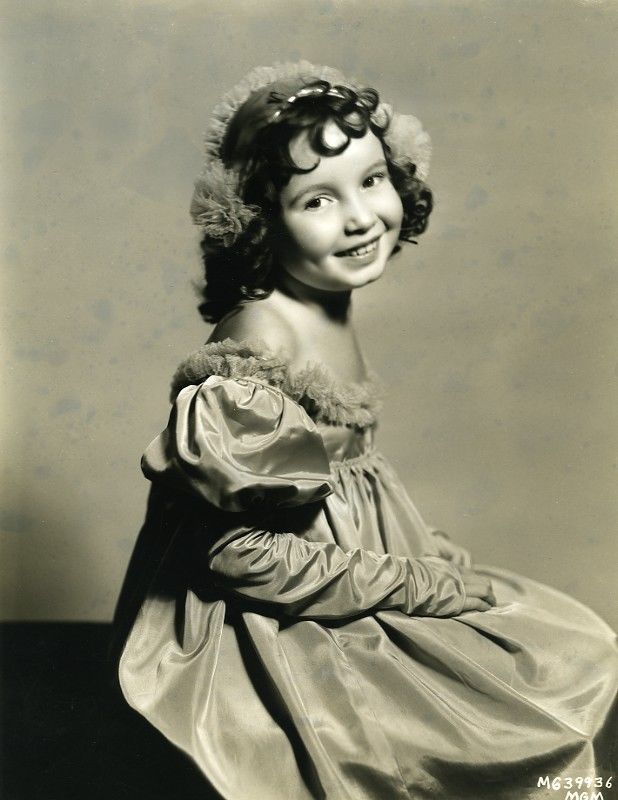Could the glitz and glamour of Hollywood's golden age conceal a darker reality for those who shone brightest? **For Cora Sue Collins, a child star who captivated audiences, the answer reveals a stark contrast between the silver screen's allure and the challenges faced behind the scenes.**
The name Cora Sue Collins evokes memories of a bygone era, a time when Hollywood's charm held the world in its grip. Her journey began in Beckley, West Virginia, on April 19, 1927. At a mere four years of age, she and her mother made the trek to Los Angeles, in pursuit of the dreams that Hollywood promised. This decision marked the first step in a life that would be forever intertwined with the world of cinema. From the tender age of five, she graced the silver screen, leaving an indelible mark on the hearts of moviegoers.
Cora Sue Collins, a name synonymous with the golden age of Hollywood, saw her career flourish amidst the studio system's peak. She stood alongside other child stars like Jackie Cooper, Freddie Bartholomew, and Johnny Sheffield, all of whom were navigating the industry's complexities at the same time. Her work in films like Queen Christina (1933) and Blood and Sand (1941) etched her presence into cinematic history, and she continued to be recognised and appreciated. But beyond the bright lights and the accolades, there was a different story to be told. The narrative includes both the thrill of fame and the hidden burdens she carried.
The actress, who began her career at a very young age, faced situations many children would not have had to deal with. While the details of this dark side are only hinted at in the information available, it's undeniable that the industry's underbelly presented a difficult reality. Cora Sue Collins was just fifteen years old when she became aware of the casting couch system, a pervasive aspect of the industry that exploited young talent.
Her decision to step away from the spotlight, to choose a different path, was, in her words, the single best decision of my life. It was a courageous choice, revealing a sense of self-awareness and the strength to redefine her narrative. Collins’ exit from the movie world reveals a woman who saw the darkness of Hollywood and chose to forge her path.
Collins’ filmography is a journey through some of the most iconic moments of the 1930s and 1940s. Among her most notable performances was a role in the American romantic drama Smilin' Through (1932), starring Norma Shearer and Fredric March. This work, alongside her other roles, highlighted her abilities and helped her grow in the world of acting. Her work also included roles in films such as Queen Christina (1933), starring Greta Garbo and John Gilbert, and Blood and Sand (1941), where she delivered a powerful performance. These movies show the breadth of her talent and the type of roles that defined her career.
Collins's legacy is multi-faceted, extending beyond her acting roles. She became a symbol of the era, and she has become a source of fascination for historians and film lovers alike. She continued to be recognised and remembered for her contributions to cinema even long after she left Hollywood. Her narrative offers insights into a period of significant change and development in Hollywood, helping to illuminate the complexities of its history.
In January 2005, an article reflected on the image of Cora Sue Collins in a commercial for Scrappy products. The article highlights a photograph of Collins, who played Mary in the film, shown enjoying Scrappy toys. The image underscored the intersection of her onscreen work and her involvement in promotional activities. This association serves as an example of the marketing that occurred within the studio system, where actors were not just performers but also representatives for a variety of products.
Cora Sue Collins was not afraid to share her experiences, and her stories provide an important, critical perspective on the golden age of Hollywood. It's a reminder that the pursuit of dreams may come with costs, as she demonstrated in her willingness to talk openly about her experiences. Her story challenges viewers to think about the sacrifices, hardships, and experiences of child stars, as well as the impact of the film industry on young people.
Cora Sue Collins's life is a poignant reminder of the dual nature of Hollywood's golden age. She passed away on April 27, 2023, leaving behind a legacy that has inspired numerous people. She remains a figure who challenged audiences to question the stories that are told, especially those with a connection to the world of entertainment. In the end, her story extends beyond the glitz and glamour of Hollywood, delving into the experiences of a child star who helped redefine the landscape.
| Attribute | Details |
|---|---|
| Full Name | Cora Sue Collins |
| Date of Birth | April 19, 1927 |
| Place of Birth | Beckley, West Virginia |
| Date of Death | April 27, 2023 |
| Career | Child Actress |
| Notable Films | Queen Christina (1933), Smilin' Through (1932), Blood and Sand (1941) |
| Years Active | 1930s-1940s |
| Known For | Her work in films during Hollywood's Golden Age |
| Personal Life | Moved to Los Angeles with her mother at a young age, Married and became a housewife in Phoenix |
Reference: Wikipedia



